
What is the eggshell skull plaintiff rule?
Personal InjuryImagine having a skull as breakable as an eggshell. We’re talking Humpty Dumpty here, folks. (There is some debate out there about whether Humpty’s skull was, in fact, an egg. But that discussion is for another time, another place.) The…

Getting in an Accident in Someone Else’s Car
Car Accident, Personal InjuryIf you borrow somebody’s car and you get injured in an accident, whose insurance will cover your injury? There are three potential insurance policies you should be looking at to see if they’ll cover that injury.
Here’s a quick video…

Motorcycle Accidents in Pennsylvania
Car Accident, Personal InjuryBetween distracted drivers, inclement weather and poorly maintained roads, driving a motorcycle in Pennsylvania can be dangerous. If you’re involved in a motorcycle wreck, it is important to know what to do and what not to do. A crash can…
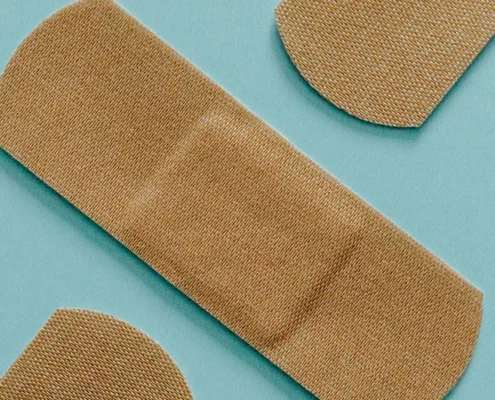
What You Need to Know About Personal Injury Cases
Car Accident, Personal InjuryGetting an injury is no fun. Now, if you injure yourself—say by falling off that rickety ladder you should have gotten rid of 20 years ago—you need only look in the mirror to see who is to blame. In the legal world, a person can’t bring…

Should you accept a personal injury settlement over the phone?
Car Accident, Personal InjuryIf you’ve been in a car accident and the insurance company is offering to settle with you over the phone, what should you do? It’s important to understand that if a settlement is made orally, over the phone, on a recording, it will be binding…

Dos and Don'ts for Pending Personal Injury Cases
Personal InjuryIf you’re a plaintiff in a personal injury case, there are things you should and should not do while your case is pending. In this article, we’ll discuss three of those things. You can read about those things below, or watch this video from…
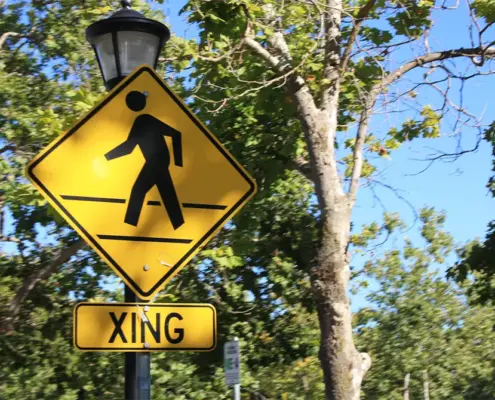
Pedestrian Accidents in Pennsylvania
Car Accident, Personal InjuryAt some point in your life, you will have to cross a street. As a child you were probably told that you had to hold someone’s hand and maybe never to run across a street. But when you’re injured in a pedestrian accident, where should you…
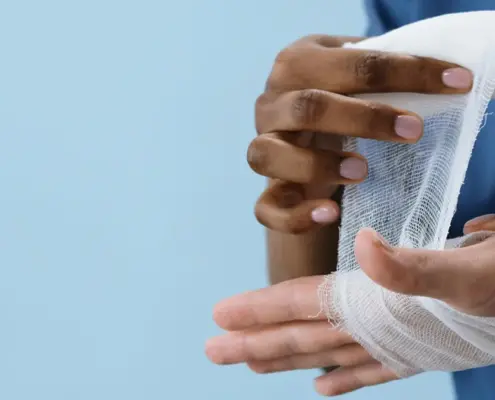
Debunking Common Personal Injury Myths
Insurance, Personal InjuryMyths can be dangerous, especially when you’re injured and trying to understand the legal process. Law is complicated, and so it comes with plenty of urban legends attached. So today, we’re separating fact and myth. Have you been injured…
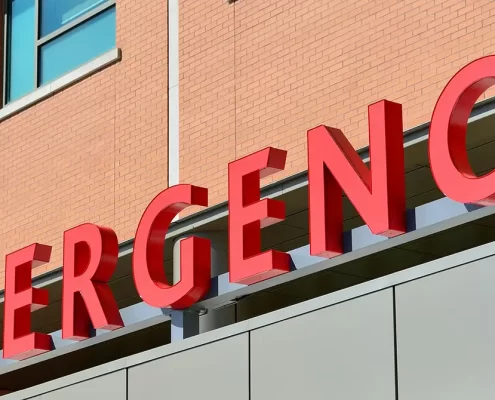
Catastrophic Accidents in Pennsylvania
Personal InjuryA catastrophic accident is an accident that occurs which may lead you to sustain permanent injuries. Although Pennsylvania law does not define a catastrophic injury, it can be defined as a permanent injury resulting in long-lasting injuries.…
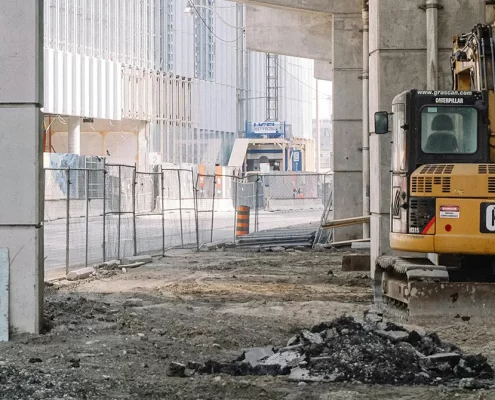
Construction Accidents in Pennsylvania
Personal InjuryWorkers’ compensation is not the final and only remedy for construction accidents in Pennsylvania. There are other ways you can recover from a construction accident. Construction accidents typically take place on the construction site. These…
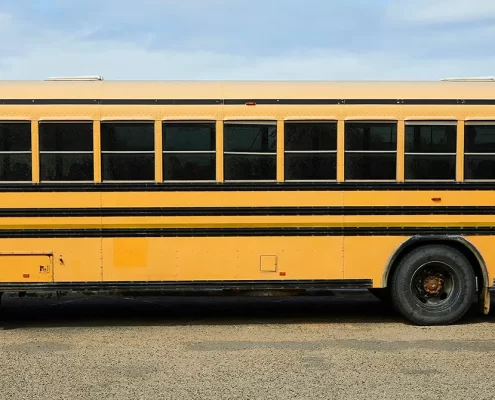
Bus Accidents in Pennsylvania
Car Accident, Personal InjuryBuses are a convenient form of public transit—they provide a way to travel throughout Pennsylvania cities. School buses are great for transporting people to schools, events, and more. Unfortunately, though, like all motorized vehicles, city…

Boat Accidents in Pennsylvania
Personal InjuryAlthough it may be difficult to imagine since Pennsylvania does not border the ocean, boat accidents occur frequently in many of Pennsylvania’s rivers and lakes. If you have been injured in a boating accident, you must prove that another person…
